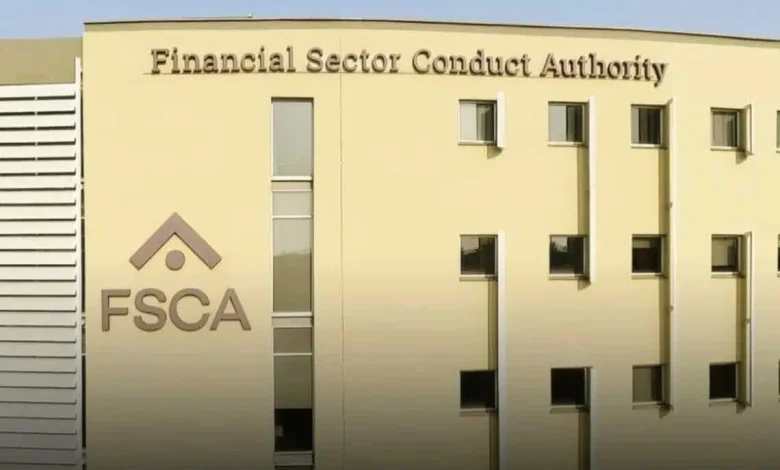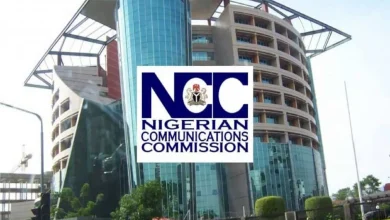South Africa’s Reserve Bank Governor warns against treating Bitcoin like gold reserves

On Tuesday, January 23, 2025, at the World Economic Forum in Davos, South Africa’s Reserve Bank Governor, Lesetja Kganyago, pushed back against calls to treat Bitcoin as a strategic reserve asset like gold.
He warned governments about lobbyists advocating for Bitcoin to be included in national reserves, emphasizing that, unlike gold, Bitcoin lacks a history and should not be treated as a valuable resource for strategic reserves.
Kganyago said, “I would have a significant problem with a lobby that says governments should hold this or that asset without consideration for what the strategic intent of the government is. There is a history to gold, but if we now say Bitcoin, then what about platinum or coal? Why don’t we hold strategic beef reserves, or mutton reserves, or apple reserves? Why Bitcoin?”
His comments come just days after former U.S. President Donald Trump endorsed Bitcoin as a strategic asset, proposing the creation of a U.S. Bitcoin reserve to strengthen economic stability.
Strategic reserves are typically stockpiles of essential resources, like oil or food, that governments maintain to prepare for emergencies, economic crises, or disruptions. However, Kganyago’s remark underscores his belief that Bitcoin, with no long-standing history as a valuable asset, doesn’t fit the traditional model of strategic reserves.
In response, Brian Armstrong, CEO of the popular cryptocurrency exchange Coinbase, disagreed with Kganyago’s view. He argued that Bitcoin could actually be a better store of value than gold because of its proven scarcity, portability, and divisibility. Armstrong, who was also on the same panel as Kganyago, stated, “[Bitcoin] has higher utility and has been the best-performing asset of the last 10 years. So, for a store of value, it is going to be important for governments to hold this over time. It may start out only as 1% of their reserves, but over time it will come to be equal to or greater than their gold reserves.”
In 2022, South Africa’s Financial Sector Conduct Authority (FSCA) classified crypto assets as financial products under the country’s existing financial regulations, making cryptocurrency legal and tradable in Southern Africa. However, despite its legality, there is currently no comprehensive legal framework governing crypto activities. Kganyago’s stance on Bitcoin reflects the cautious approach many regulators in the country are taking toward emerging technologies.





